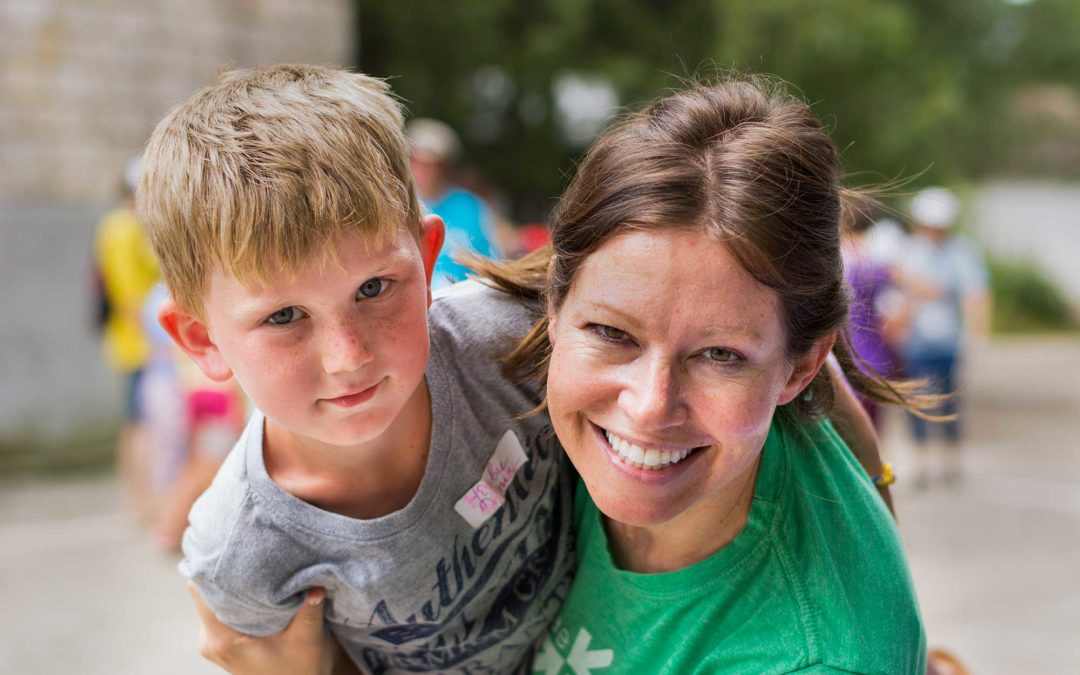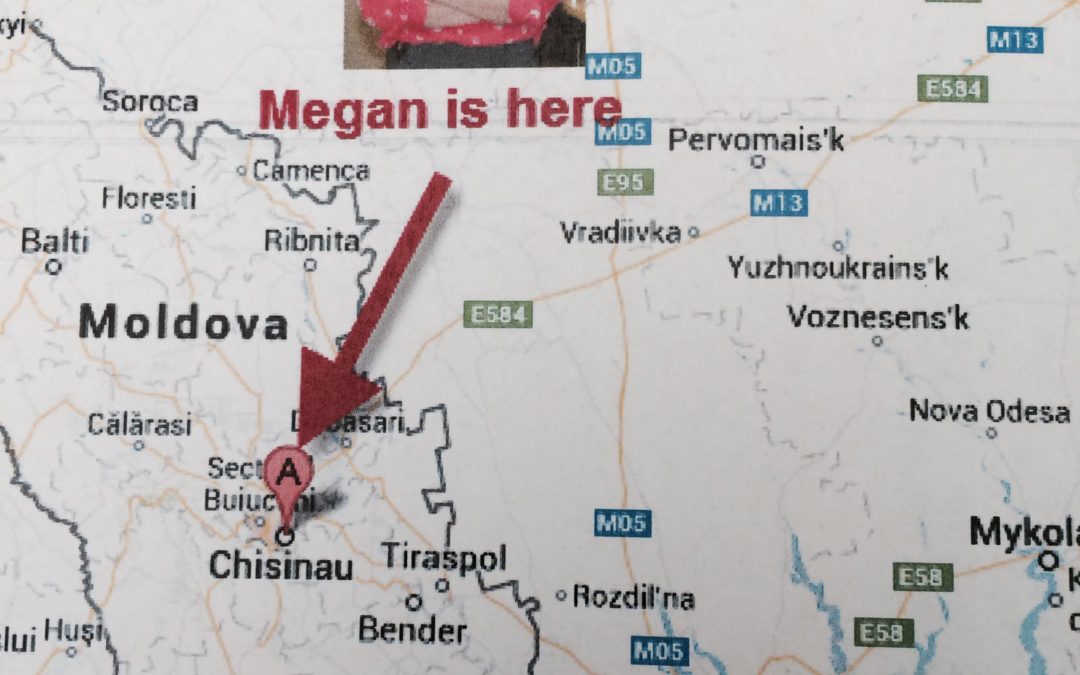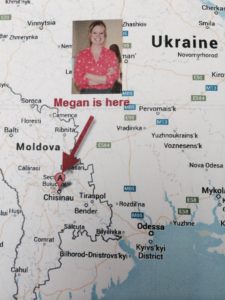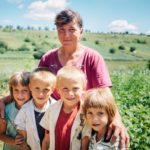Over the past year I’ve had stretches where I...
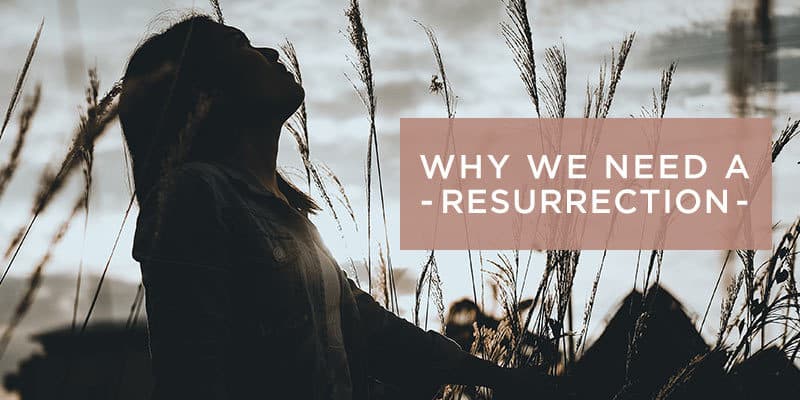
WHY WE NEED A RESURRECTION
Easter has come and gone. The hams, chocolate bunnies, and deviled eggs have been consumed and enjoyed, and the colorful Easter dresses and plaid bow ties have been hung on the hangers and tucked in drawers.
But the resurrection of Jesus Christ will not, and cannot, be shelved until next Easter. We will need our resurrected Savior every day until then and beyond.
[click_to_tweet tweet=” The resurrection of Jesus Christ will not, and cannot, be shelved until next Easter. We will need our resurrected Savior every day until then and beyond.” quote=”The resurrection of Jesus Christ will not, and cannot, be shelved until next Easter. We will need our resurrected Savior every day until then and beyond.”]
REFLECTIONS FROM MOLDOVA
A few days ago I returned from the country of Moldova with Justice & Mercy International. Europe’s poorest country, and a small one at that, with an orphan population the size of a continent. I wrapped my arms around orphan girls whose journey, I beg the Lord, will not be one of being sex trafficked. I met a young teenager whose eye had been punched out by a drunken stepdad. I laid my trembling hand on a 3-year-old baby girl with hydrocephalus who is living in a two-bedroom hut with her single mom and 5 siblings. I heard stories of corruption and abuse. I visited a special needs shelter and consciously wondered over and over again whether I had one single meaningful scrap to offer anyone. Hang in there with me, I’m getting to the Easter reflections part.
One might think that returning home from a trip like this would bring fulfilling thoughts of having helped the “less fortunate”. That I’d really played my part in giving back and visiting the poor and orphaned. But as I mentioned in a recent Instagram post, my flight home was filled with thoughts of inadequacy, overwhelmed-ness, and strikingly above all, thoughts of my sinfulness. I was oddly aware not just of my sins, but my actual sin nature. Strange, it seemed to me. All while doing “good”.
Yet perhaps this is exactly one of the reasons that God—from Old Testament to New—has told us to take care of the poor.
Not only to bring help and hope to each image-bearer, but also as a reminder of our own total powerlessness before Christ. Being with the poor and powerless reveals to me that we all lay bare before Him, on equal footing, every one of us in need of resurrection.
I will never get over the reason God gave Israel for why they should take care of the foreigner, fatherless, and widow. “Remember that you were a slave in the land of Egypt. Therefore I am commanding you to do this.” (Deut 23:22) Every time an Israelite left sheaves on the ground, olives on the branches, grapes on the vine for someone who needed it, they were reminded of their own pasts as slaves. Sounds familiar to us who, before Christ, were held fast to our own selfish desires, addictions, and destructive behaviors? Who, even when we were doing the right things, couldn’t shake our inherent guilt?
[click_to_tweet tweet=”Every time an Israelite left sheaves on the ground, olives on the branches, grapes on the vine for someone who needed it, they were reminded of their own pasts as slaves. ” quote=”Every time an Israelite left sheaves on the ground, olives on the branches, grapes on the vine for someone who needed it, they were reminded of their own pasts as slaves. “]
THE KIND OF SAVIOR WE NEED
While in Moldova I was poignantly reminded that I don’t need a savior in the sole form of a moral teacher. I don’t need a great role model, spiritual guru, sage, or genie in a bottle. And—heaven help me—if all I need is to look deeper into myself, find my truth, trust my heart to lead me, or be more vulnerable so everyone can know that not being okay is okay, I’m in profound trouble. What I need, what we all desperately need, is a Savior, perfectly holy and righteous, who conquered death through His own death and resurrection, so that we can be made new. Not improved with mere better behavior. Rather a new heart and new life. “[God] made [Jesus] who did not know sin to be sin for us, so that in him we might become the righteousness of God.” (2 Corinthians 5:21)
One of the interesting facts about Moldova is despite its poverty its soil is some of the richest and most arable in the world. The lilies and tulips, sunflower and lavender fields, cherry and apple orchards, raspberry brambles and tomato vines are just about to start their show. New life is springing forth after a cold, hard winter. As I consider those sprawling fields, I’m reminded that in the bleakness of Israel’s winter God said through the prophet Ezekiel that a day was coming when, “I will give you a new heart and put a new spirit within you; I will remove your heart of stone and give you a heart of flesh. I will place my Spirit within you and cause you to follow my statutes and carefully observe my ordinances.” (Ezekiel 36:26-27)
Jesus’s death and resurrection is the fulfillment of this prophecy, what has made it possible for my heart of stone to become a heart of flesh, for His Spirit to live within me. It’s the message of Easter we’ll need all year long. Until next year when the azaleas explode with blooms and remind us that we don’t need mere polishing, improvement or a new Easter dress, but a new heart. And we’ll celebrate all over again, that this newness is exactly what Jesus’s resurrection accomplished for us.
This post originally appeared on lifewayvoices.com

What do you do when you aren’t feeling your faith?

God is Working Even When You Can’t See Him
Please join me for this month's video devotional...

Who Am I?: How God responds when we don’t think we’re enough.
This month I'm bringing you some encouragement...

Encouragement in Suffering
It's been a busy few months for me, and I'm sure...

Brand New Work: From Mud to Miracles
With Easter being particularly late this year,...


